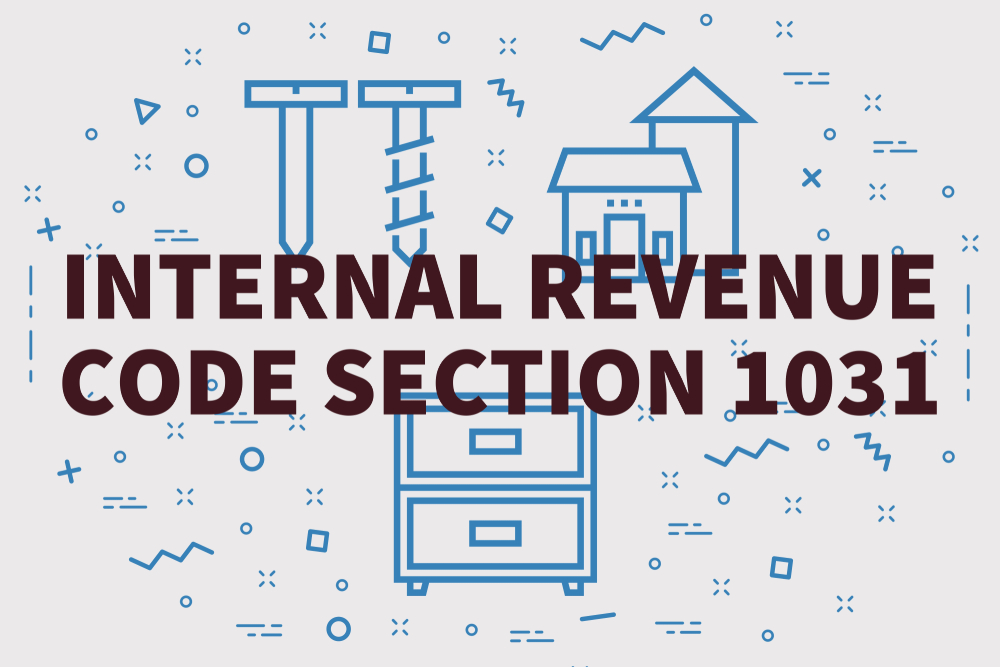There are a number of myths surrounding a 1031 exchange. Not understanding the tax code or believing a misconception about the law can lead many investors to avoid using it to their benefit. For instance, many people believe that you have to find an investor who is willing to exchange their property for yours. While that’s a valid scenario, more often people use an intermediary who processes the sale of their investment and delivers a new one to the client. The tax code also isn’t limited to real estate transactions; it can include industrial equipment and transportation like planes, boats, and trucks. If you aren’t sure whether or not your investment would qualify for a 1031 exchange, it’s best to speak to a lawyer first. They’ll be able to discuss the specifics of your situation with you and tell you whether or not your investment exchange will qualify for the tax deferment.

Section 1031 Exchanges In NYC
Experienced Attorney for Your 1031 Exchange
A 1031 Exchange is a legal way to defer your tax obligation on an investment. This tax code is most commonly used in real estate transactions and may also be known as a delayed exchange or an exchange to delay capital gains taxes.
In a typical transaction, the property owner is taxed on any gain realized from the sale. However, through a Section 1031 Exchange, the tax on the gain is deferred until some future date (usually when the property is again sold).
Section 1031 of the Internal Revenue Code provides that no gain or loss shall be recognized on the exchange of property held for productive use in a trade or business or for investment. A tax-deferred exchange is a method by which a property owner trades one or more relinquished properties for one or more replacement properties of “like-kind,” while deferring the payment of federal income taxes and some state taxes on the transaction.
The theory behind Section 1031 is that when a property owner has reinvested the sale proceeds into another property, the economic gain has not been realized in a way that generates funds to pay any tax. In other words, the taxpayer’s investment is still the same, only the form has changed (e.g. vacant land exchanged for apartment building). Therefore, it would be unfair to force the taxpayer to pay tax on a “paper” gain.
The like-kind exchange under Section 1031 is tax-deferred, not tax-free. When the replacement property is ultimately sold (not as part of another exchange), the original deferred gain, plus any additional gain realized since the purchase of the replacement property is subject to tax.

Don’t Fall for 1031
Exchange Myths
The Benefits of a 1031 Exchange
- Saving money on your taxes (this is the biggest and most common benefit of a 1031 exchange).
- Not having to scrape together money to pay large tax bills when you aren’t seeing returns on your investment yet.
- Gives you the ability to diversify your investment portfolio.
- You can transfer your investment to a more geographically beneficial location.
- It can help with estate planning and reduce your responsibilities before retirement.
Potential Disadvantages of a 1031 Exchange
The main disadvantage of a 1031 exchange is that it can make your investment purchase a more complicated one. There are a number of technical requirements that you’ll need to adhere to in order to realize the benefits of this section of the tax code. If you deviate from them or neglect to fulfill all of the requirements, you could end up with an enormous tax bill that all but negates the returns you were hoping to see on your investment. This is part of the reason it’s important to work with a real estate attorney on your 1031 exchanges. They can help ensure you are following the rules of the tax code closely and aren’t going to get any unexpected surprises at the end of the deal.
Talk to an NYC Lawyer
About Your 1031 Exchange
New York property buyers and sellers entrust complex real estate transactions with confidence to experienced real estate lawyers at our offices located in the Bronx and Hudson Valley areas. We understand how critical the contracts, closings, refinancing, and 1031 like-kind exchanges are to a family or individual’s future. We are sensitive to real estate issues relating to estate planning and elder law. We have years of experience in all areas of real estate law and can provide you with clear, comprehensive advice about your particular situation. When you work with our real estate lawyers, you’ll have peace of mind that you are getting the information and advice that is in your best interests.
If you would like to discuss real estate law, concerns, or questions, contact our lawyers at 718-324-0404 in New York City, 845-849-9201 in Poughkeepsie, NY, use the form below, or email us at info@DironRuttyLLC.com. We offer a consultation appointment, which you can schedule over the phone or through our website. These confidential, free appointments give you an opportunity to learn more about how we can help you with all of your real estate needs.
Don’t hesitate
get in touch today
"*" indicates required fields

